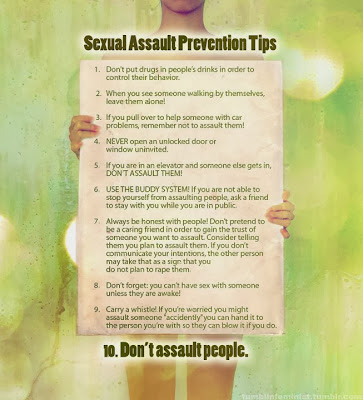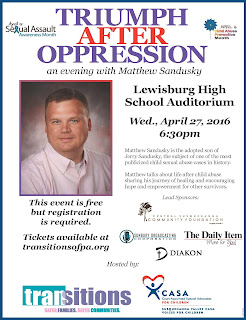Domestic Violence Abusers and Their Gun Rights
We live in a rural area where many homes have guns in
them. In a lot of my interactions with
clients, we discuss guns. When I am
assisting someone in obtaining a Protection from Abuse order, we talk about
whether s/he wants to request the court order the Defendant’s guns be
relinquished to the sheriff. When I am
discussing the Lethality Assessment Program with police departments, we talk
about the greater likelihood of homicide
when guns are present in the home.
The “right to bear arms” is a hot topic in this
area. It seems to be common sense that
if a person has been identified by the court system as a domestic violence abuser, s/he should not be allowed to own a gun.
However, this was recently challenged at the Supreme Court of the
United States.
The
central issue in this case was whether abusers who commit crimes of domestic
violence recklessly should lose their rights to own guns in the same manner as
those abusers who commit crimes knowingly or intentionally should. The Supreme Court upheld the law as it stood,
stating that the law includes not only those crimes committed intentionally or
knowingly but also those committed recklessly.
There was another issue brought up regarding exactly what
criminal charges qualify as a “crime of domestic violence.” Some states have a criminal charge of
“domestic violence” whereas other states, including Pennsylvania, do not, and
charge people under general criminal charges, such as simple assault,
aggravated assault, or stalking. Justice
Elena Kagan wrote in the decision that the Domestic Violence Offender Gun Ban
was meant to "prohibit
domestic abusers convicted under run-of-the-mill misdemeanor assault and
battery laws from possessing guns.” Much
can be said for and against charging offenders with the same criminal acts
whether they are committed within a home by a known offender or in public by an
unknown offender and that is a much larger topic than the scope of this
blog post allows. However, because we
live in a country with 50 different states, all having their own crimes code
and criminal definitions within, it is important for the Supreme Court to uphold
the intention of federal laws and apply them across the board.
I am
glad that there are laws attempting to keep firearms out of the hands of
abusers and that the Supreme Court is continuing to uphold the intention of
these laws. I understand that people
feel strongly about their right to bear arms, but when someone becomes abusive,
they must lose some of their rights for the safety of all.
Written by Katy K., Northumberland County and Legal Advocacy Coordinator




Comments
Post a Comment